
Within the rapidly evolving market of health supplements, enzymes have emerged as a powerful way for brands to distinguish themselves from competition. This type of innovation is crucial since consumers are increasingly discerning about ingredients and health impacts. This opportunity continues to grow rapidly – the dietary supplements market alone is projected to reach $340 billion by 2030 1. Incorporating enzymes can be a challenge, however, since their benefits are not always intuitive to consumers.
Enzyme supplements have a wide range of health benefits including alleviating digestive issues and boosting immunity. For example, consumers who can’t metabolise lactose in dairy, can take lactase supplements to avoid bloating and diarrhoea. Alternatively, they can help elderly consumers to increase their absorption of key nutrients from foods to prevent malnutrition (or sarcopenia). Malnutrition creates opportunities for infections and diseases, therefore enzymes can be critical for developing robust immunity. This can also apply to consumers keen on wellbeing and fitness since enzymes can increase nutrient absorption from meals and help them to achieve their goals. In short, enzyme supplements come with the promise of significant impacts on consumers, but their value proposition and the correct mode of use needs to be expressed clearly and convincingly.
Without clear communication, consumers can get confused or even get dissuaded from using enzyme supplements. Our research shows that when it comes to enzymes, most consumers are struggling to fully understand their benefits, their mechanism of action, and even how to consume them. This confusion can directly affect consumer perception of whether they are receiving the desired results from these products. We identified three common complexities faced by consumers and also draw inspiration from marketing strategies of successful businesses leveraging the science of enzymes in an increasingly crowded supplements market.
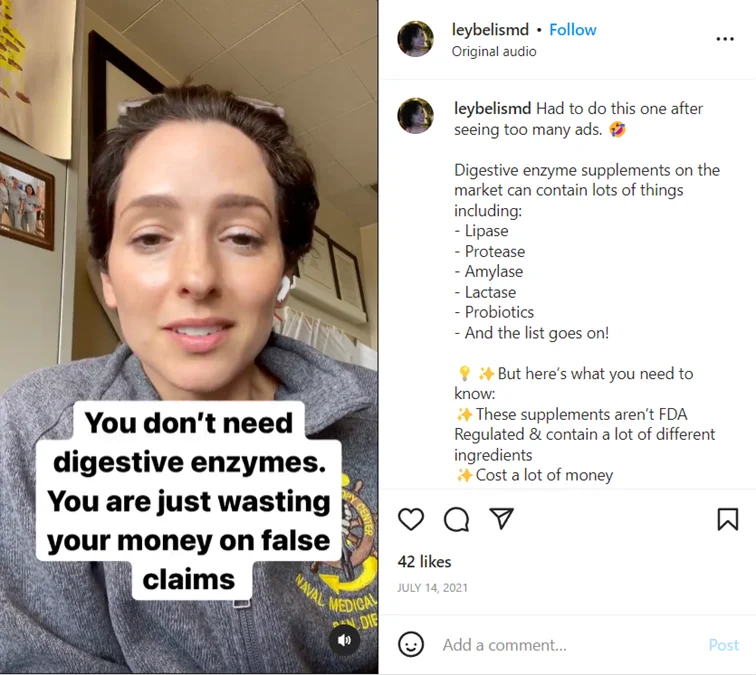
A thorough understanding of the unmet needs and challenges faced by consumers is critical for marketing and business development teams. We monitored and analysed the opinions of consumers that use enzyme supplements across digital social platforms to identify how the enzyme supplements are received by consumers. Our research shows that many consumers in this space are primarily driven to test enzymes out of some digestive discomfort they experience. And among these consumers we were able to identify their key concerns around efficacy, directions of use, and perceived potential risks.
A common hesitation of consumers around using enzyme supplements stems from a general concern about their efficacy. There are two parts to this problem: Firstly, there is limited awareness on how the enzymes work, and secondly there is limited scientific evidence showing health benefits. Consumers struggle to fully understand the benefits of enzymes. While the “good bacteria for gut microbiome” tagline helps put benefits of probiotics in layman’s terms, our research found that the consumer experience is not the same for enzymes. The issue is further complicated when Healthcare Professionals chime in on social media to highlight that there is limited clinical evidence on the effectiveness of enzyme supplements.
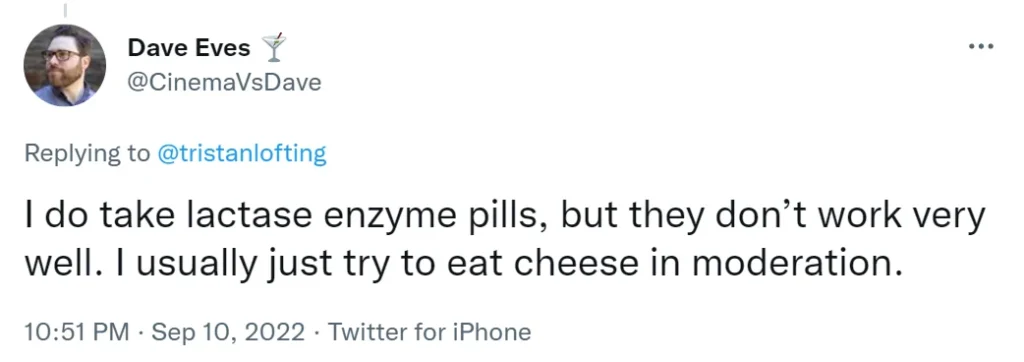
Owing primarily to a poor understanding of how enzymes work, consumers struggle to interpret labels on enzyme supplements. Since there are no regulated “daily values” (DV) assigned for enzymes, consumers can make assumptions about the optimal amount and use frequency for enzyme supplements. While some consumers express that they take their enzymes before/after an occasional risky meal, others state that they take them on a daily basis to boost their immunity or to build tolerance. Information such as the source of enzymes and “fillers” used to stabilise capsules are among the key information on the labels confounding consumers. And while some of this information can be found in technical details on the labels, consumers end up lost in the jargon.
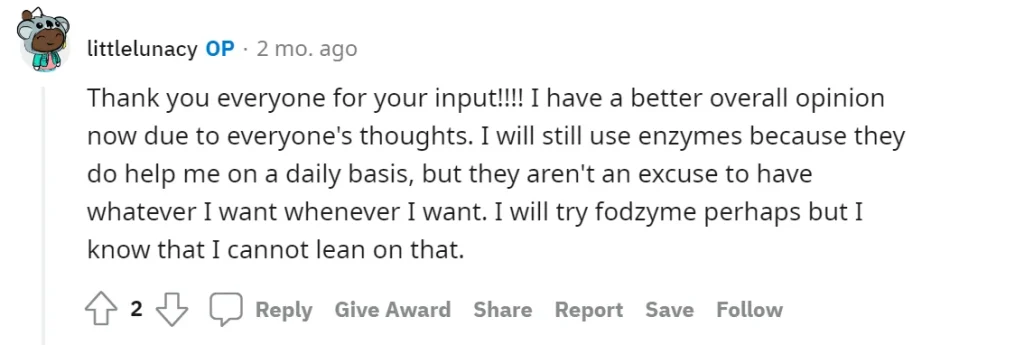

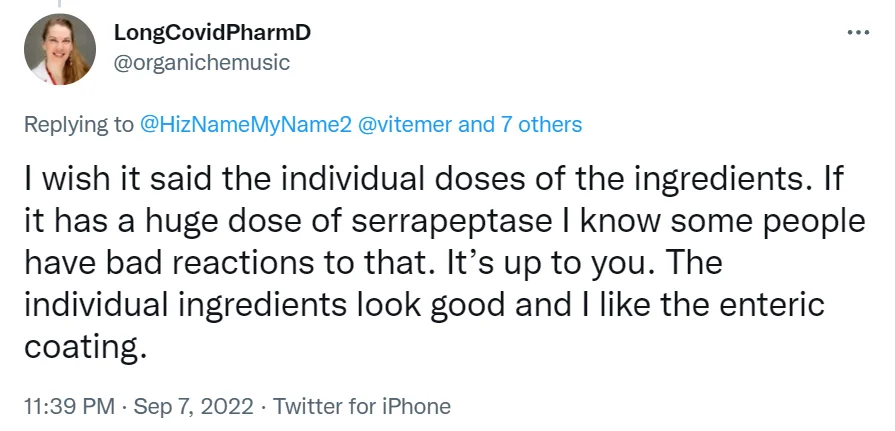
Consumers are also often hesitant to take enzyme supplements because they believe there is a risk of negative side effects, or a worsening of their condition. For example, although enzymes can be useful in treating bloating or irritable bowel syndrome (IBS) symptoms, some consumers worry that enzymes only offer a temporary relief or that they could worsen present symptoms with additional pain and cramping. In extreme cases, consumers fear that the enzyme supplements could induce acid reflux or even severe pain as a side-effect.
Enzyme supplements are primarily seen as digestive aids by consumers, and this perspective has constrained the expansion of these products to mass clientele. The prospect of expanding the consumer base beyond this segment is further hindered by the technical complexities explained above. Ignoring these concerns can foster uncertainty and consumer distrust
Neglecting or miscommunicating the health benefits of enzymes could mean failing to capture otherwise interested consumers. Effective consumer communication is dependent on good consumer research and a clearly defined and scalable consumer segmentation. As part of our research, we identified some ideas and best-practices from firms leveraging the science of enzymes:
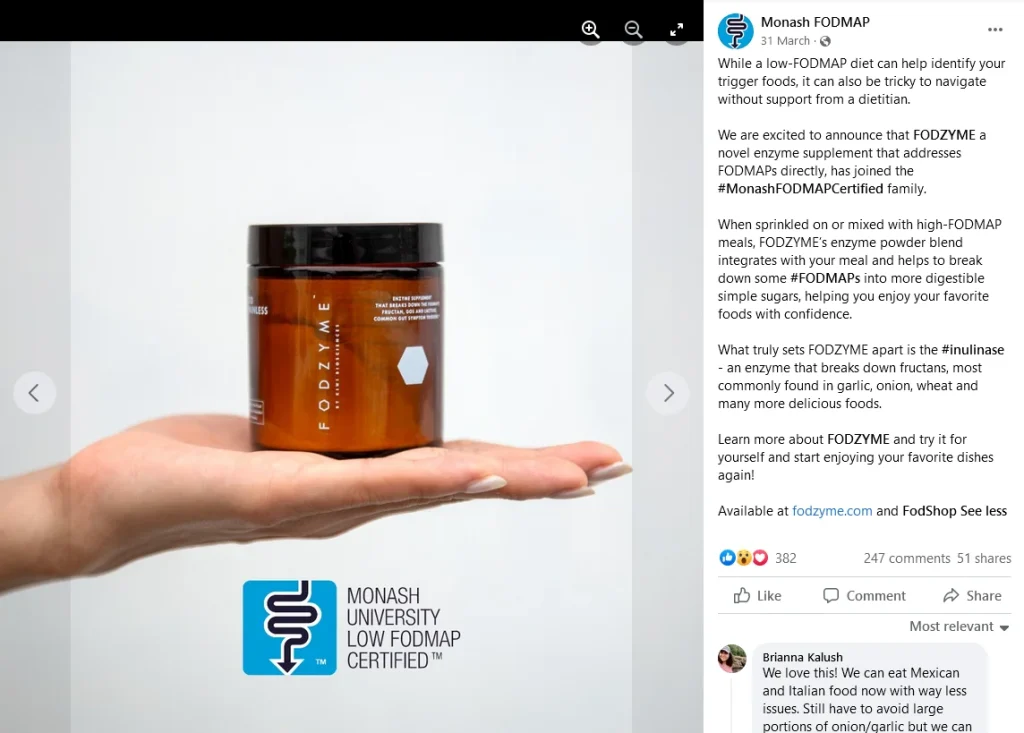
When it comes to enzyme supplements, efficacy or correct use concerns can be addressed by building consumer trust with scientific evidence. One strategy for achieving both of these can be partnering with universities. For example, Fodzymes received “Monash University Low FODMAP Certification,” which adds credibility to their health benefit claims. The company (Kiwi Biotech) also announced that it has plans to conduct more peer-reviewed clinical studies with universities. Not only do these studies and certifications help with gaining consumer approval, but they can also offer persuasive evidence for Health Care Professionals. Since the FDA does not regulate the dietary supplements, organisations such as United States Pharmacopeia (USP) can provide a verification mark to confirm the claims on the labels of supplements which can help build consumer trust. Naturemade CoEnzymes is among enzyme supplements that have received this verification.
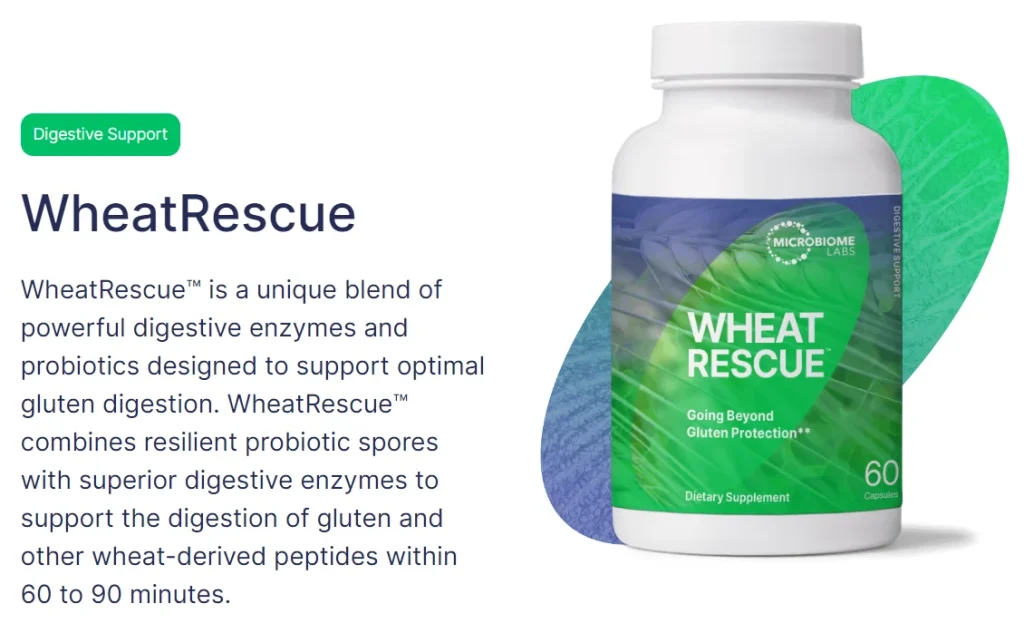
Another way to demonstrate efficacy and build consumer trust can be by offering “mixed supplements” that include enzymes complementing probiotics or vitamins. This approach offers something patients can recognize while they are gradually acquainted with enzymes. This can be particularly attractive for businesses that already offer a spectrum of vitamin products. Since enzymes can increase the absorption and digestion of the complementing nutrients, these “mixed” supplements would also allow consumers to maximize the health benefits from the product. Some businesses are already taking this approach to target consumers that are interested in improving their “gut health.”

To address any perceived risks, businesses should be ready to address these concerns directly with their customers. Successful businesses understand that being attuned to unaddressed consumer needs is critical for research and innovation. By holding “Ask Me Anything” (AMA) sessions, or offering short explanatory videos, businesses can educate their customers about the health benefits of their products. Listening on the online conversations on platforms such as the Reddit, can help businesses determine a coordinated communication approach that can effectively engage target customers in a dialogue. This would provide a real-time opportunity for businesses to hear and engage with the “voice of the customer.”
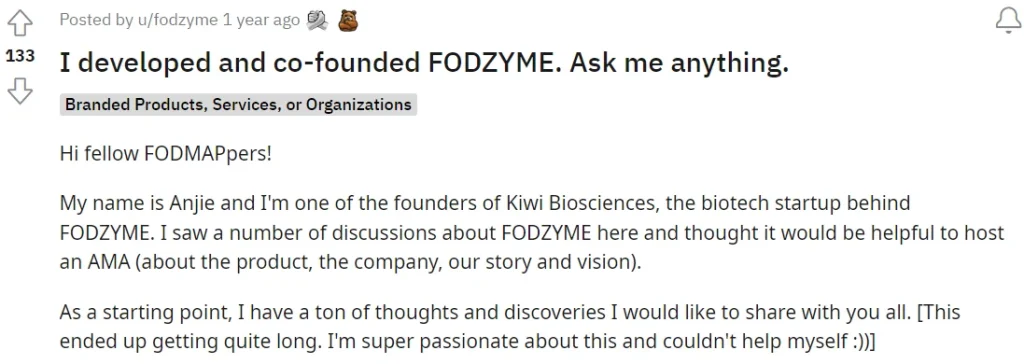
When consumers find labels confusing to follow, they can miss out on the intended benefits. In absence of scientific evidence and standardised labelling requirements, businesses can evaluate the existing labels to alleviate the confusion over the amount and frequency of use. Addressing this challenge can also mean an opportunity for product development and allow a newcomer to innovate their way into the supplements market. For example, rather than relying on capsules that can be used before or after meals, FODZYMES comes in powder form sachets which is sprinkled over food and consumed with meals.
Businesses have an opportunity to capture additional consumers through clear and direct communication. Each consumer challenge can hold opportunities to win market share from competitors and also to grow the market size by shaping consumer habits. Furthermore, it creates opportunities for product development in ways that address consumer concerns.
Sector & Segment partners with businesses to better understand the challenges and opportunities presented by consumers globally, and build go-to-market strategies accordingly. Our research experience is tailored to capturing the needs to consumers and patients in both consumer health and healthcare spaces, including: